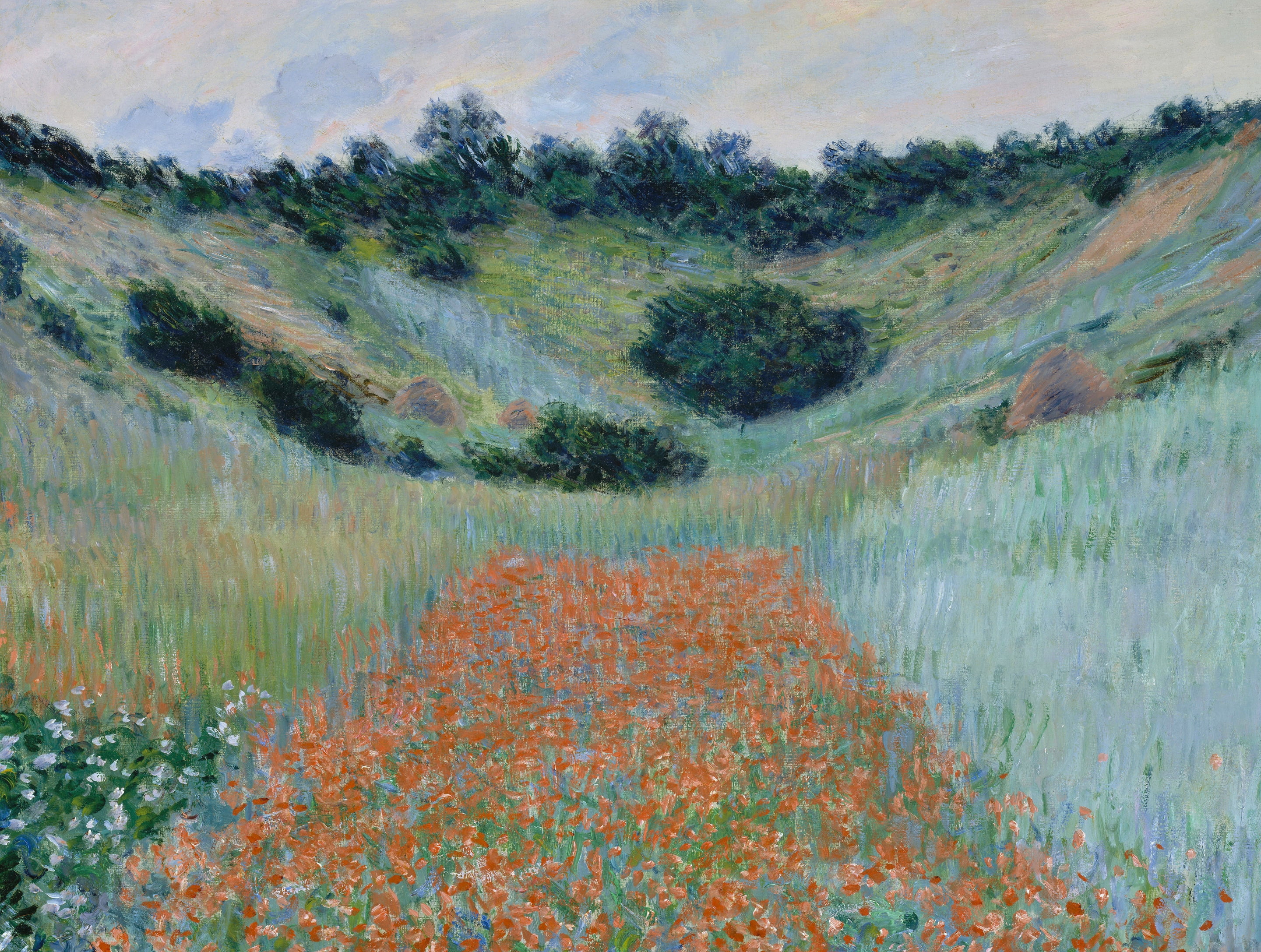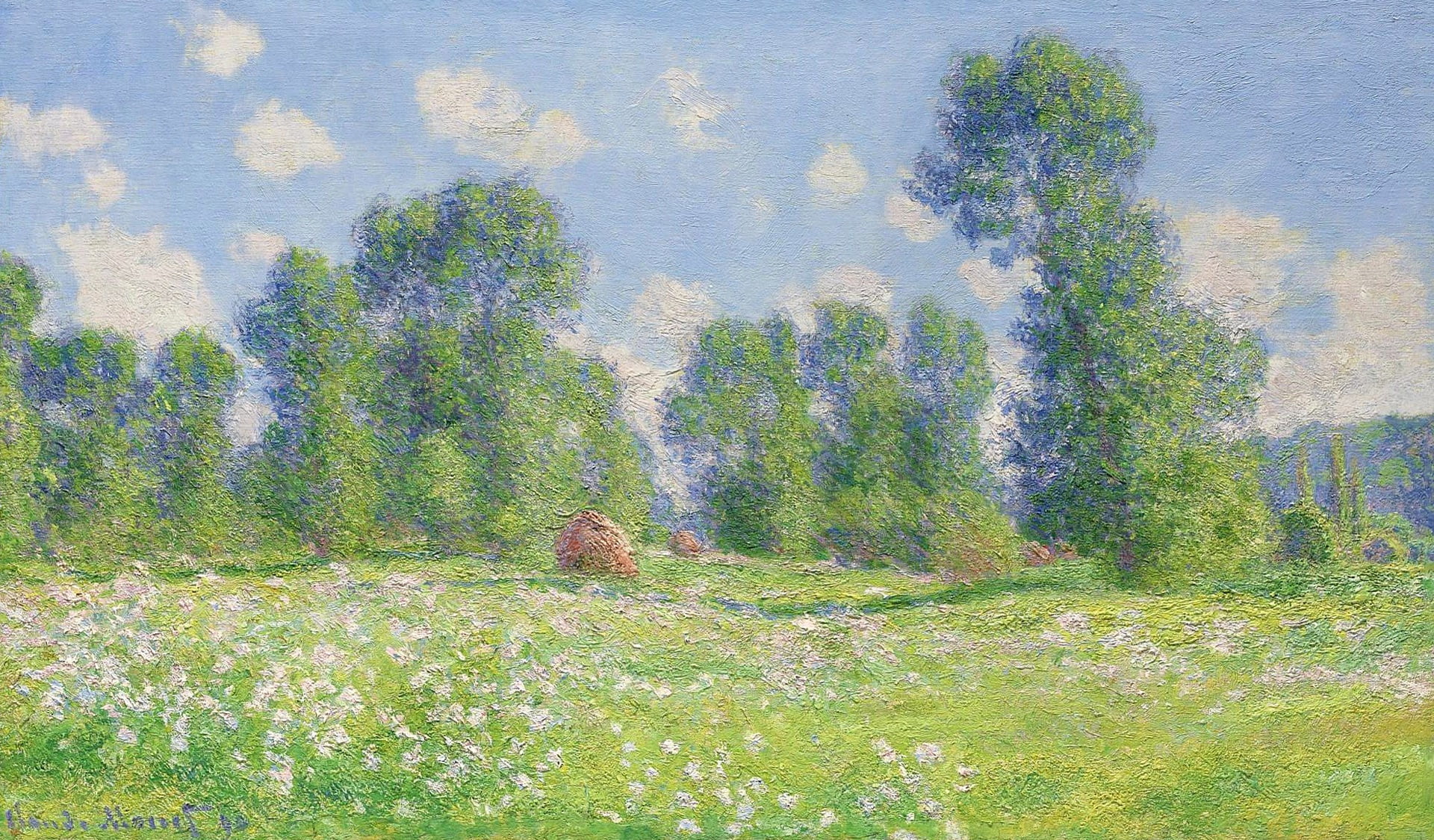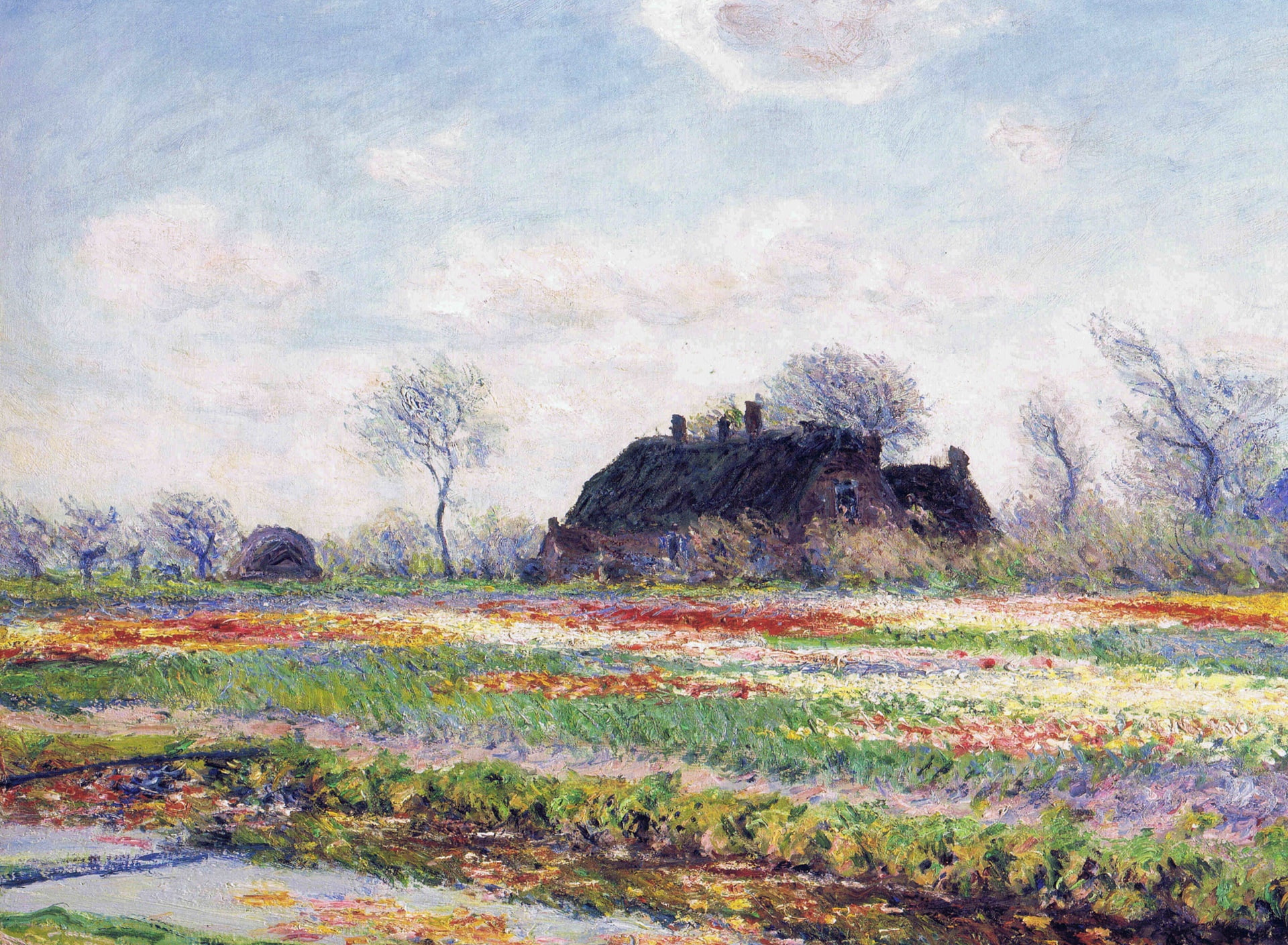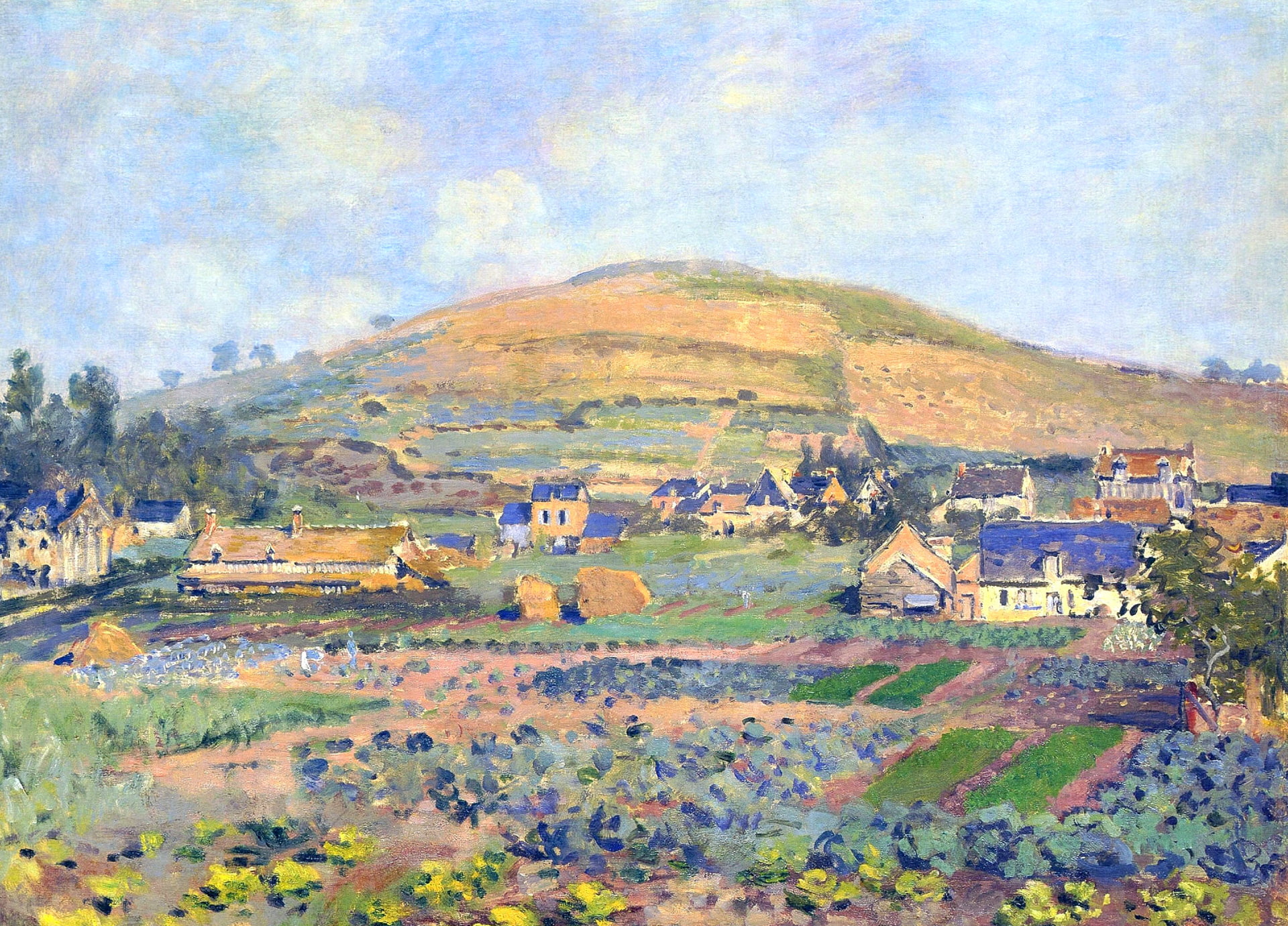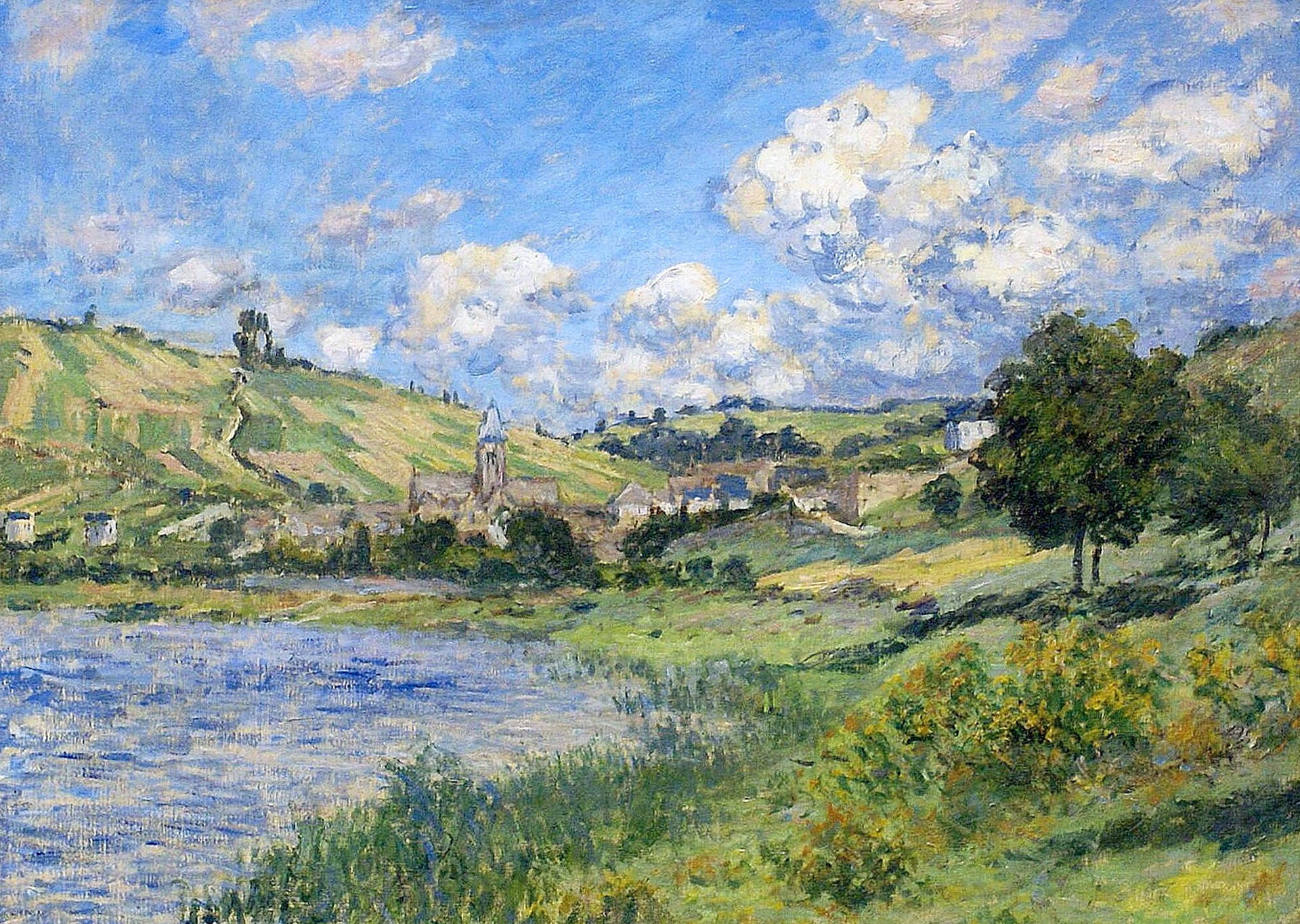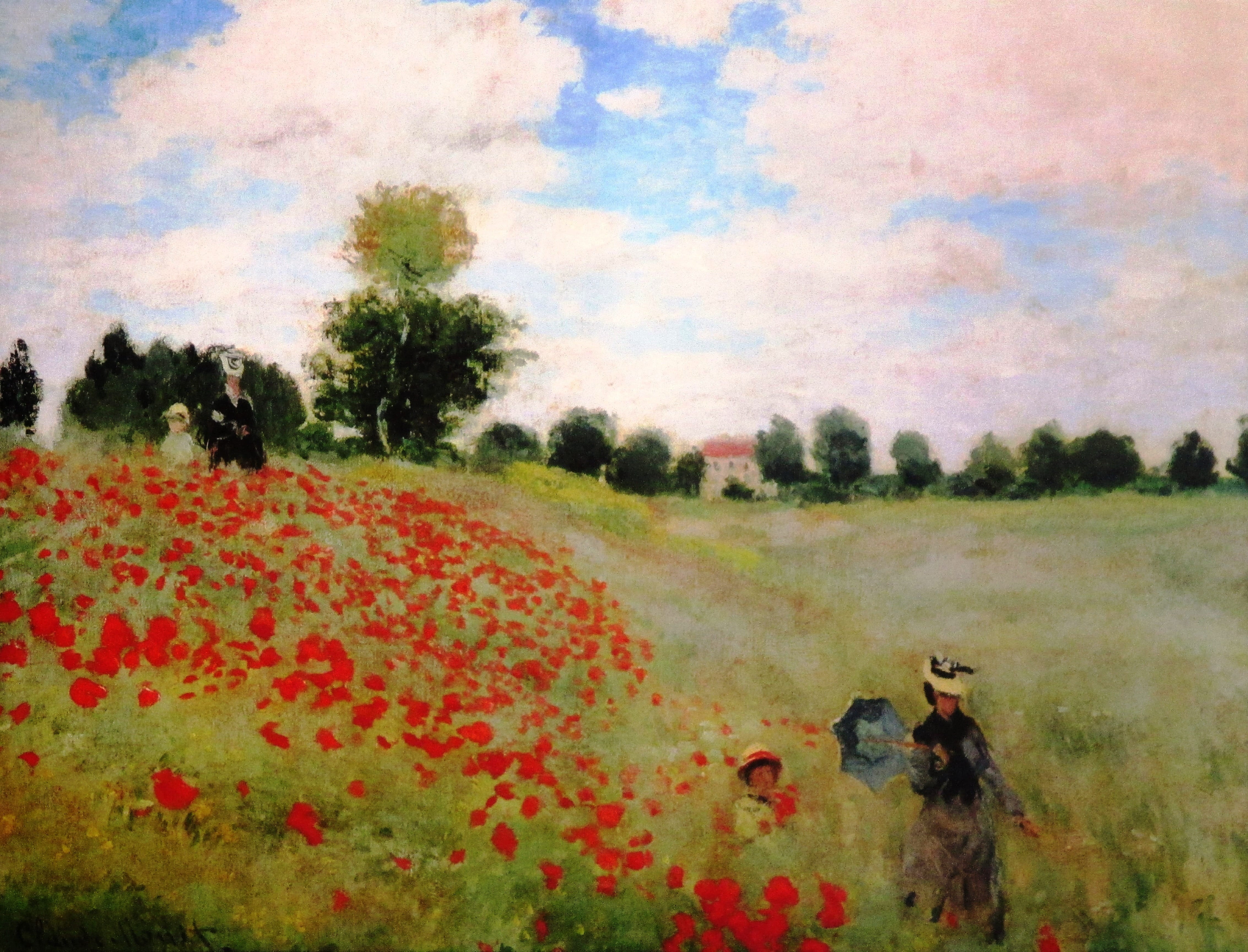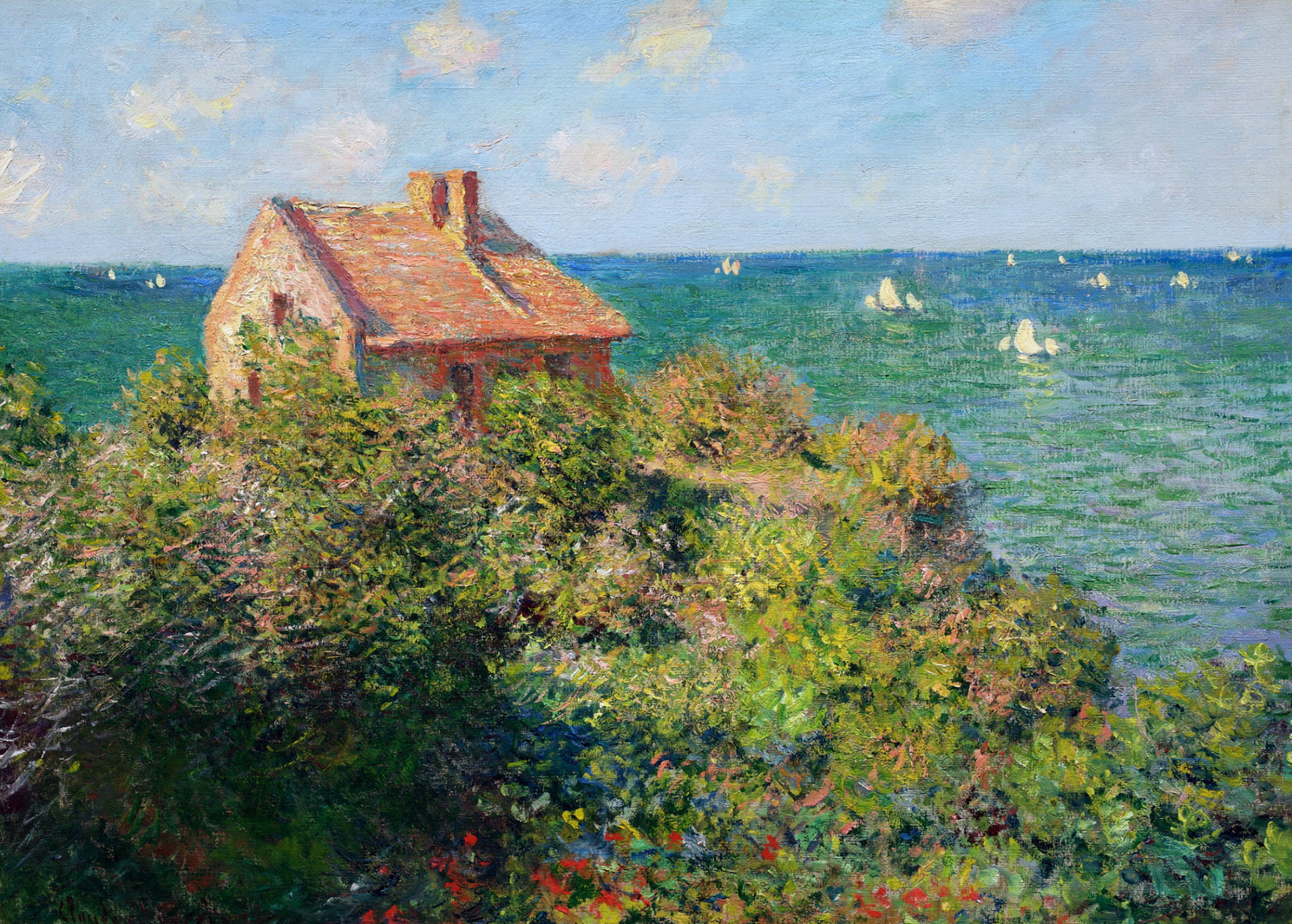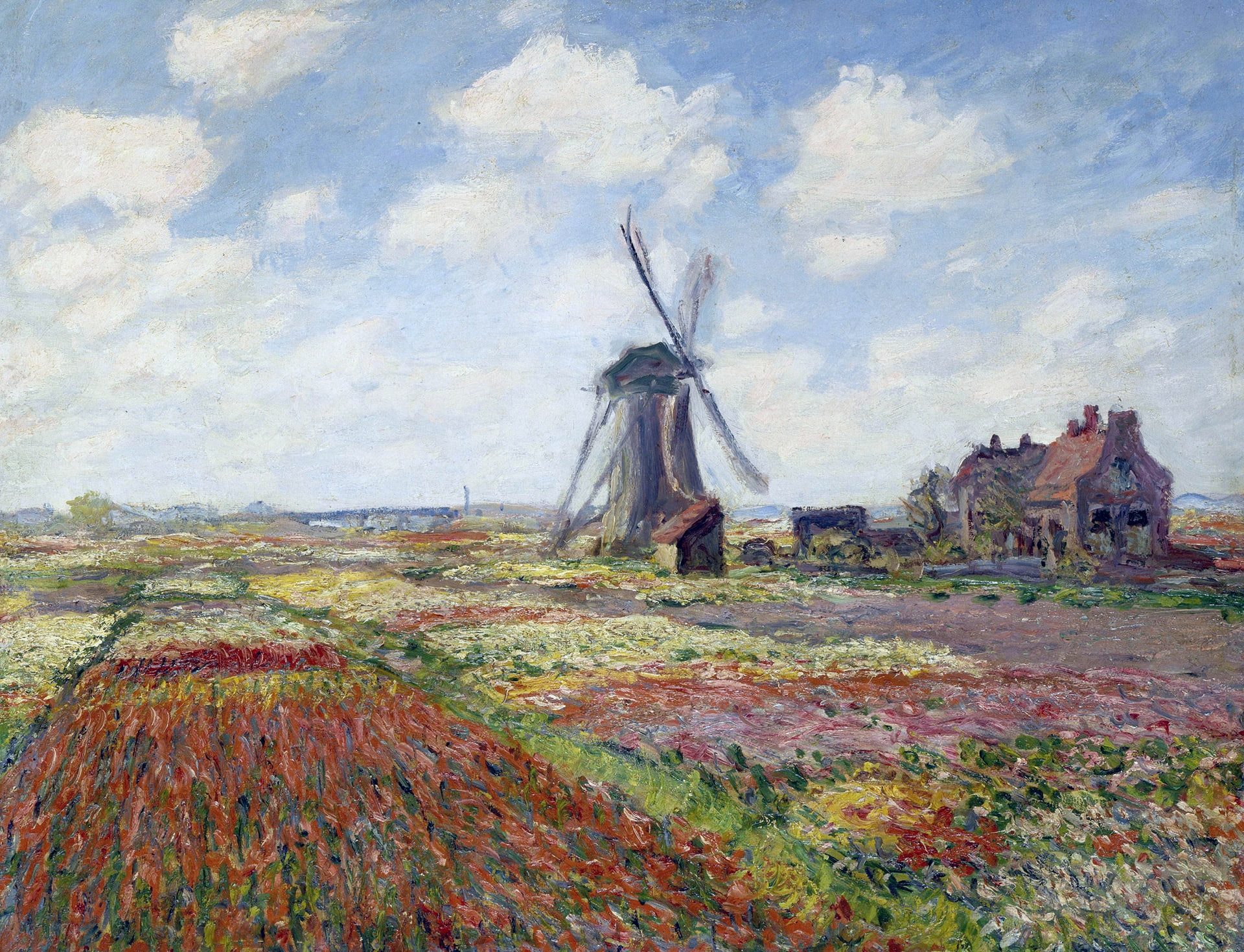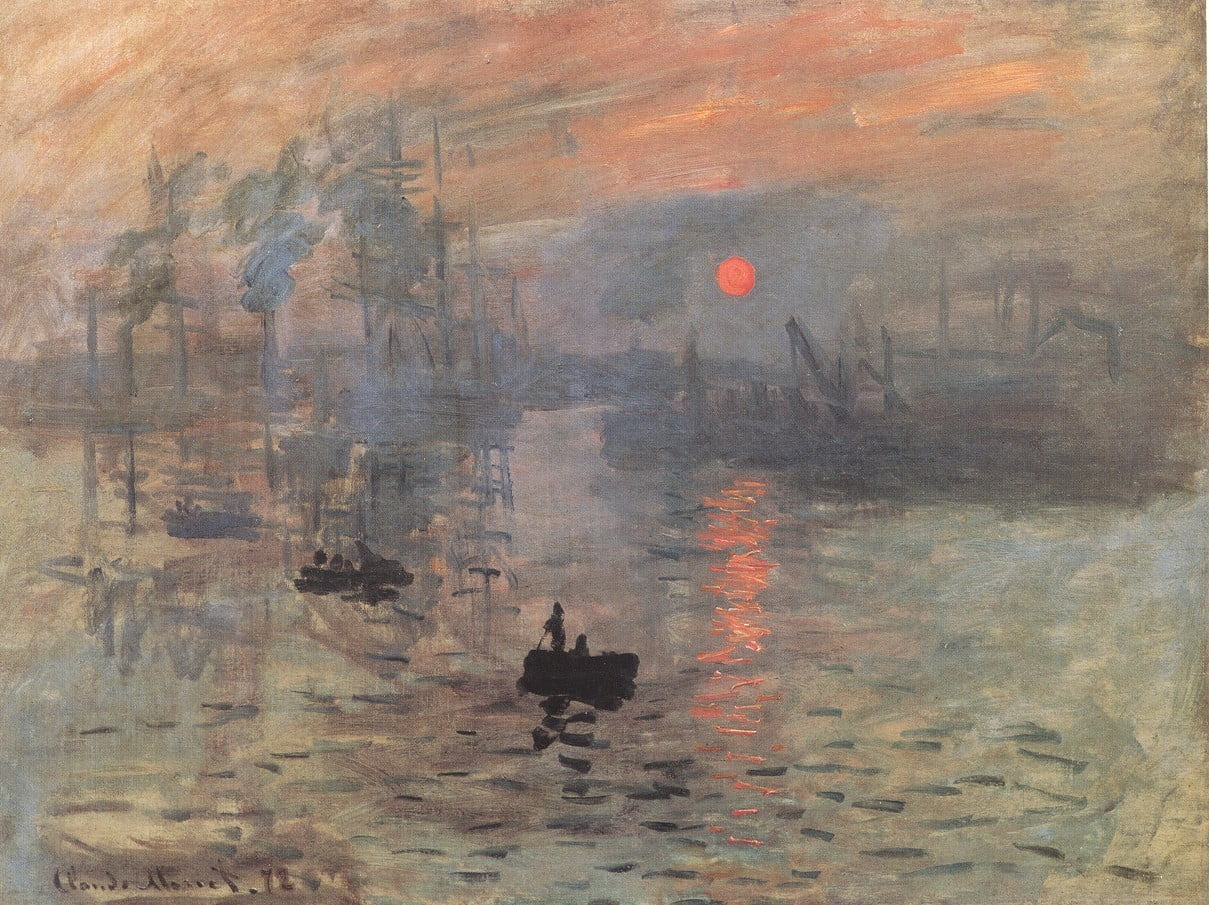narrow lane in an old part of town smelled of yeast and lemon peel, a bittersweet perfume that seemed to come from nowhere and yet belonged to every doorstep; laundry hung
A narrow lane in an old part of town smelled of yeast and lemon peel, a bittersweet perfume that seemed to come from nowhere and yet belonged to every doorstep; laundry hung between windows like pennants, floral sheets and striped shirts swaying in a wind that carried distant church bells and the faint hiss of a market closing. A cobbler crouched over a battered shoe under a green lamp, his hands moving with the patient certainty of someone who has memorized the language of seams and soles; he told stories to anyone who would listen, none of them about grand events but all of them about the exacting economy of small kindnesses—how a neighbour once lent him sugar during a winter so cold the kettle seemed to complain, how a lost cat returned after three days smelling of somewhere else and a dozen new scents. Children played marbles in a patch of sunlight, their knees scabbed and voices bright with agreements that required no adults: if you lose, you buy the next round of orange soda, if you win, you get to pick the game tomorrow. A barber swept hair into a neat pile and folded it into a paper bag like a private offering; his radio leaked an old song whose chorus everyone knew and hummed along to as they passed, lips moving in time with a communal memory. A cafe owner with flour on his forearms arranged tiny almond pastries on trays, each one nodded toward a particular customer’s preference—less sugar for the teacher on Thursday mornings, extra jam for the retired postman—and wrapped them as if delivering peace in edible form. Near the end of the lane, an iron gate opened onto a courtyard where an elderly woman tended a riotous array of pots: basil that refused to be shy, a stubborn rosemary that smelled like a forest floor, and a tomato plant that had outlived two summers and the predictions of better gardeners. She offered a sprig of mint without ceremony and when you took it, thanked you for the company of your hands. Dogs threaded through the scene like punctuation—an exuberant spaniel that insisted on greeting every passerby, a sleek greyhound that moved with economical greeting—and both were rewarded with scraps and indulgent scratches behind the ear. A mural at the lane's curve depicted a ship sailing through a sky full of clock faces; someone had painted a tiny ladder leaning against one clock, an impossible gesture suggesting time can be climbed if you invent the right story. As afternoon leaned toward evening, long shadows drew a new geometry across cobble, and windows brightened with the orange insistence of lamps; conversations softened into the comfortable cadence of people falling into the same small rituals—preparing dinner, sweeping thresholds, setting a kettle to remember tea. On the corner, a boy sold newspapers whose headlines were met with knowing nods and a few exasperated sighs; someone read aloud a brief paragraph and the lane listened, as if the news itself needed the approval of neighbors to be true. Walking through felt like following the margin notes of a town's life: details added, rubbed out, rewritten with patient hands. By the time the sky shifted from blue to a bruised indigo, the lane had performed its modest magic—turning errands into small ceremonies, strangers into familiar shapes, and the ordinary choreography of passing time into a quiet, communal story worth retelling.

